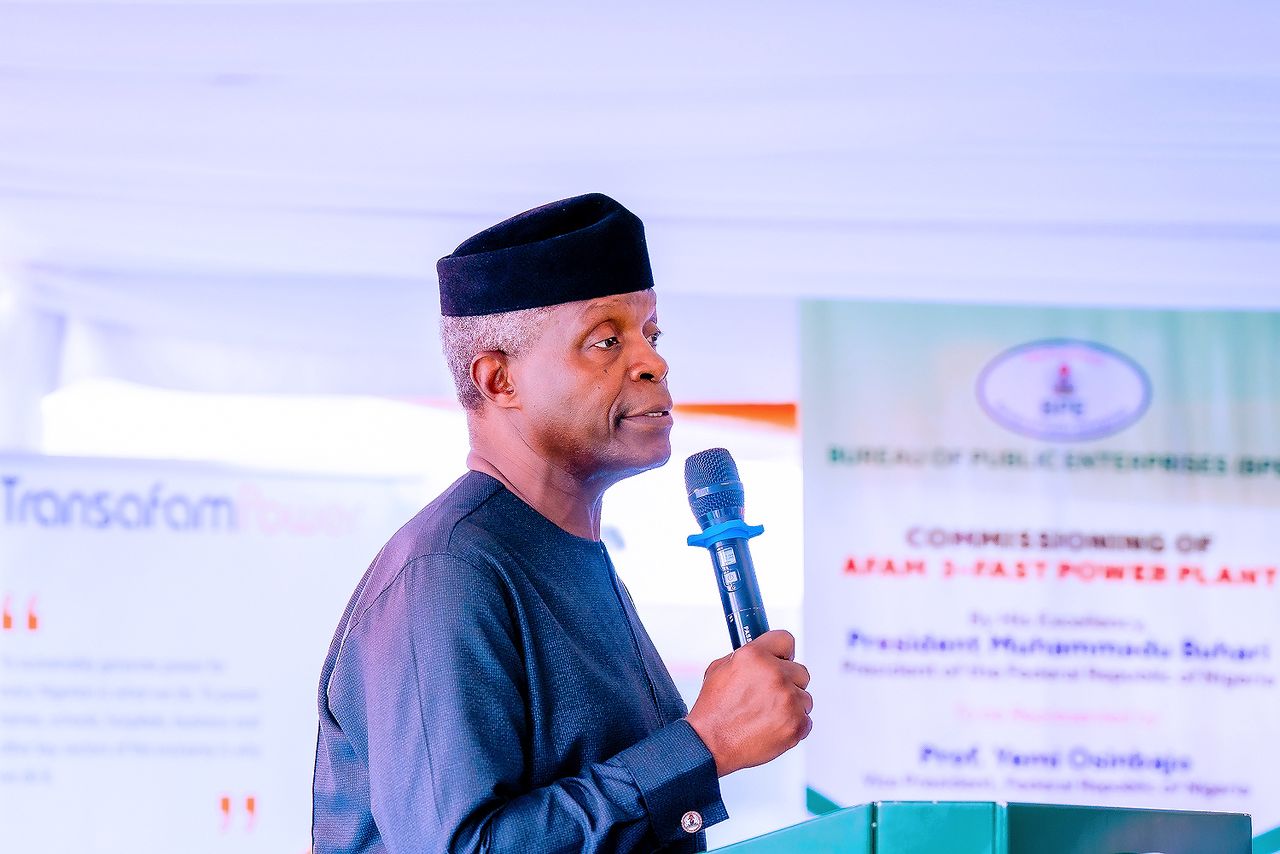The Nigerian Sovereign Investment Authority (NSIA) and the National Council on Climate Change (NCCC) yesterday in Abuja signed an agreement to foster Nigeria’s efforts in energy transition.
Recall that Nigeria’s Vice President, Professor Yemi Osinbajo in August 2022 announced the global launch of Nigeria’s Energy Transition Plan virtually, targeted at tackling the dual crises of energy poverty and climate change.
Speaking at the event, which also served as the launch of the NSIA Impact report for over a decade, the Managing Director of NSIA, Aminu Umar-Sadiq, said the move was part of the agency’s commitment to Nigeria’s action on climate change.
He said the NSIA is rolling out an energy transition plan that will facilitate the production of solar energy across the country.
Flood displaces 60,000, destroys property worth $10,000 — NCCC
Land encroachment threat to Unijos – VC
“We are putting forward a renewable energy plan that will eventually as the platform to proliferate solar production similar to those that were commissioned in Kano in January this year and also to distribute to locations where they are required and the partnership with the NCCC is important especially for an economy like Nigeria that want to advance efforts in energy transition.”
On the financial commitments of the agreement, the NSIA boss said, “Whatever it takes for Nigeria to advance its climate course, the strategic partnerships and capital support from NSIA will be deployed,” he said.
On the impact report launched by the NSIA, Umar-Sadiq added that the “Report chronicles major interventions of the agency in the last decade which spans across different sectors like power, healthcare among others.”
In his address, the Director General of the NCCC, Dr Salisu Dahiru, said Nigeria’s energy transition plan will cost the country an average of $10 million annually to reach the target by 2060.
He said the MoU with NSIA will bring in relevant agencies and the private sector to ensure that Nigeria fully achieves its energy transition target.

 Join Daily Trust WhatsApp Community For Quick Access To News and Happenings Around You.
Join Daily Trust WhatsApp Community For Quick Access To News and Happenings Around You.


